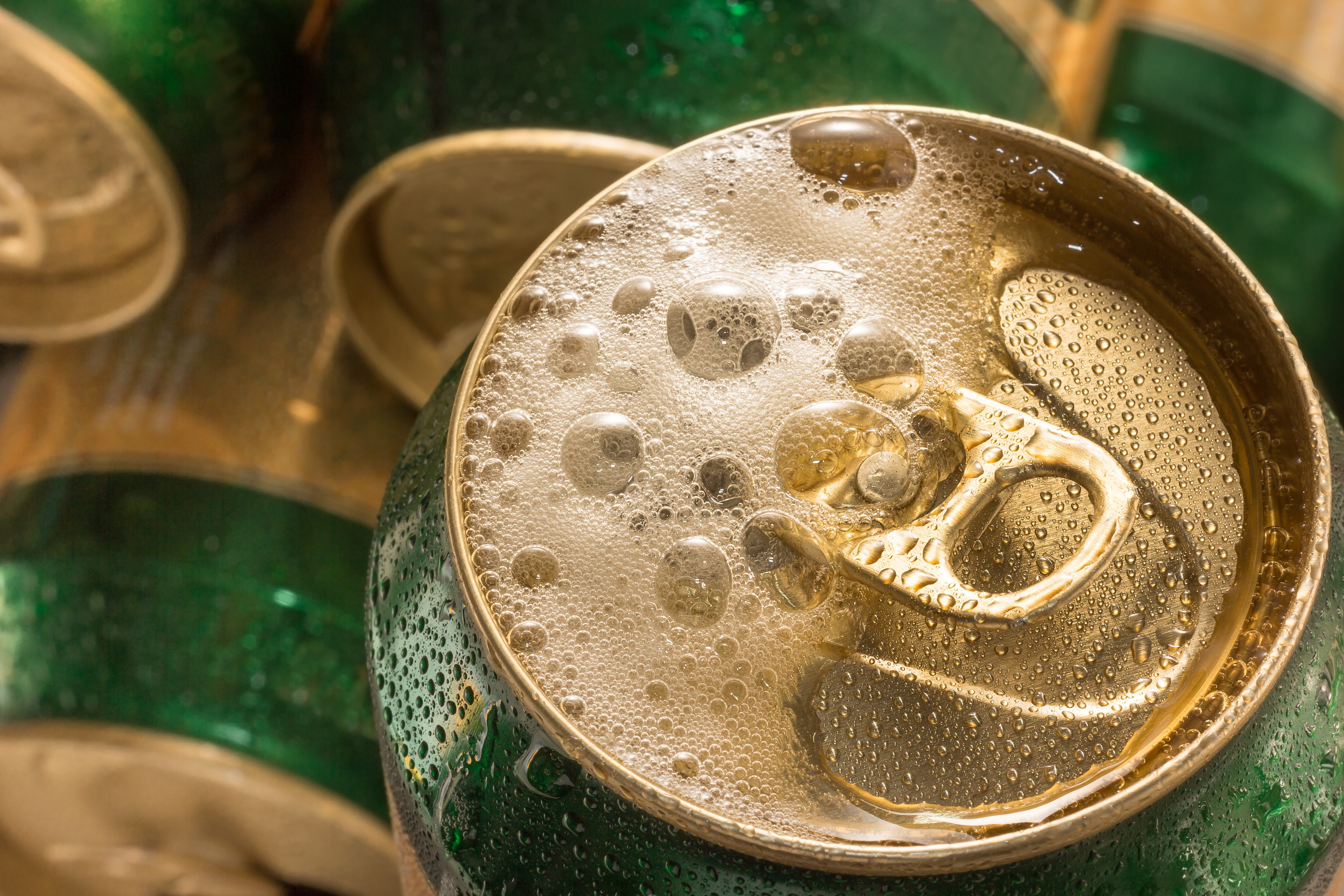

A study commissioned by the UK’s Can Makers shows the generation gap in recycling, with 18- to 34-year-olds still lagging behind older generations when it comes to recycling their beverage cans. In this piece for The Metal Packager, Tim Conybeare, chairman of the Can Makers, discusses some of the findings of the latest research and campaigns designed to improve younger consumers’ understanding of circularity and the important role recycling plays in achieving a more circular economy.

While more than four in five aluminium beverage cans are being recycled in the UK, Conybeare writes: “There is still work to do to ensure those consumers who purchase cans most frequently recycle more of their used packaging.”
Two thirds of consumers believe cans are the most circular – but are we all recycling them?
More than 65 per cent of consumers believe cans are the most circular beverage packaging format, according to new research commissioned by the Can Makers UK, the trade body representing drinks can manufacturers. But the research also highlighted a generation gap when it comes to recycling behaviour. Despite more than four in five beverage cans being recycled according to annual data published on the National Packaging Waste Database, consumers between the ages of 18 and 34 are still lagging behind older generations when it comes to recycling their used packaging.
The study, which was designed to examine consumers’ attitudes to cans and their understanding of the term circularity with reference to drinks packaging, followed a similar survey conducted in 2023 which showed that more than half of UK adults believed cans were better for the environment. Both studies were preceded by an IPSOS survey carried out in 2021 which found more than 75 per cent of consumers would choose the beverage can in preference to other packaging formats, once they were aware of the can’s sustainability benefits.
According to the latest study, the claimed use of beverage cans and the perception of cans as a suitable pack format in all market segments is continuing to rise. And more than 90 per cent of consumers surveyed under the age of 35 confirmed the purchase of one or more canned drinks in the last year. Overall, the study showed an increase of 7 per cent in claimed purchasing of canned beverages versus the 2023 figures. Meanwhile, the aluminium beverage can recycling rate reached another record high, at 82 per cent in 2021, matching the previous record set in 2020 (the latest recycling figure to be published soon).
But there is still work to do to ensure those consumers who purchase cans most frequently recycle more of their used packaging. Despite the overall beverage can recycling rate continuing to rise, the claimed recycling of cans by those aged between 18 and 24 has fallen by 3 per cent since the Can Makers 2023 study. It is interesting to note too that in the 2025 study, more than 70 per cent of UK adults claimed to ‘always’ recycle their used cans. It is likely that this figure represents an exaggerated claim, but it reflects the common belief that recycling is the right thing to do.
Targeting younger demographics
Today, initiatives such as the Aluminium Packaging Recycling Organisation’s (Alupro) Metal Matters and Every Can Counts behavioural change programmes, are helping younger consumers to fully realise the circularity benefits that beverage cans offer, and to make an informed purchasing decision. Meanwhile, Can Makers’ campaigns are specifically targeting younger demographics to help improve consumers’ understanding of circularity and the important role recycling plays in achieving a more circular economy.
It is a win-win scenario – our research has repeatedly shown that consumers want to purchase products in environmentally friendly packaging and that all demographics are making increasingly environmentally conscious purchasing decisions. And by supporting the drive to recycle more through the provision of clear guidance, notable facts and emphasising how easy it is to recycle used beverage cans, brands and stakeholders throughout the value chain can more effectively leverage the environmental benefits that beverage cans deliver, further improving their own environmental performance and tapping into environmentally conscious purchasing habits.
It is also significant that the beverage can is a proven enabler for new entrants to the market. The latest research highlighted the shift in perception of cans as suitable for specific categories, most notably in the ready-to-drink (RTD) sector, with cocktails in cans rated as Very / Quite Suitable by more than 60 per cent of respondents. It is an increase of 21 per cent versus the 2023 figures, while the claimed purchase of cocktails in cans also increased by 61 per cent for the same period. And the importance of younger demographics for brands adopting the can or launching new products in cans is emphasised by the popularity of the format with those under the age of 35 while more than 70 per cent of consumers aged between 18 and 35 said they were familiar with the term ‘circularity’.
There is a clear opportunity therefore, for bands to leverage circularity messaging – and the can is an ideal format for innovative design creating high shelf standout – to drive increased participation in recycling, and to bridge the recycling generation gap.
Note: This article was originally published by The Metal Packager: https://metalpackager.com. AL Circle has published it with its original information without any modifications or edits to the core information or data.
Responses








